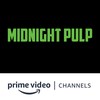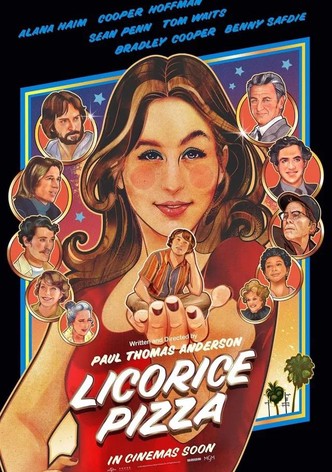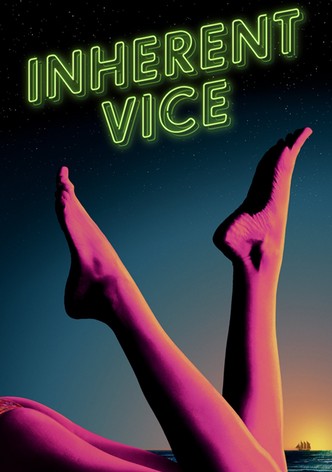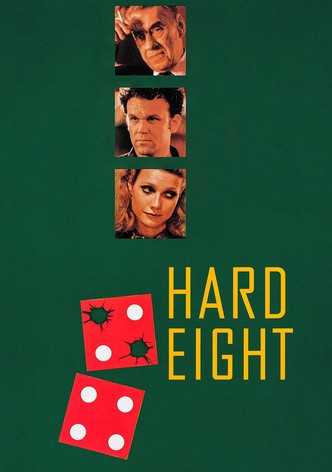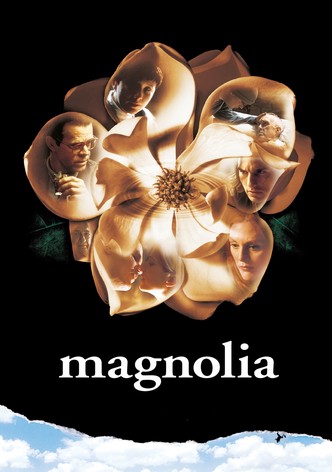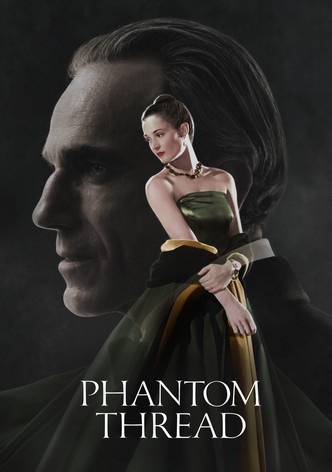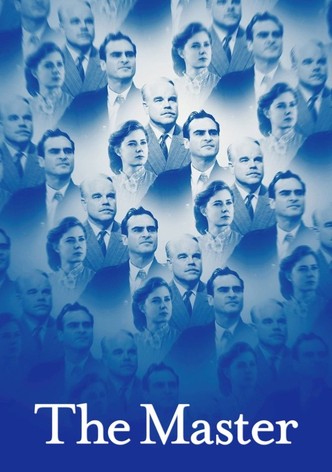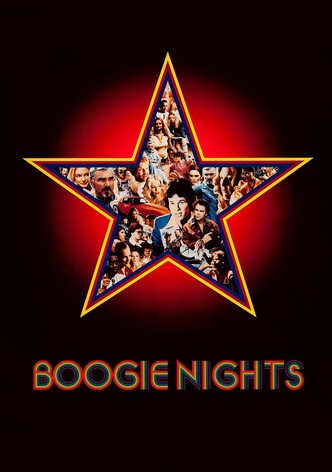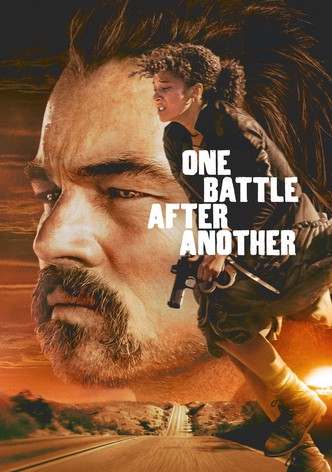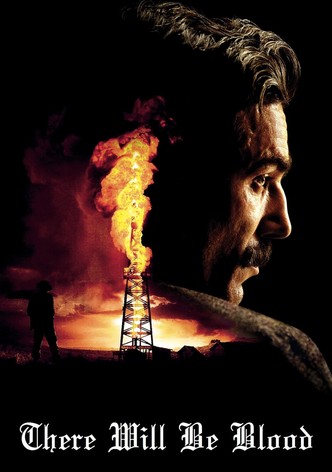If you consider yourself a fan of cinema, then you know who Paul Thomas Anderson is. For nearly three decades, Paul Thomas Anderson has delivered one critically acclaimed movie after another. In a way, PTA is a lot like Quentin Tarantino, not only because of how much they both love film, but also because you can make a legitimate argument that neither director has ever made a bad movie. Martin Scorsese and Steven Spielberg have both made critical and commercial failures. Paul Thomas Anderson? Not so much.
With the release of his latest film, One Battle After Another (2025), and genuine buzz surrounding the director finally earning a Best Director win at the Oscars, now seems like a perfect time to reflect on his career and rank his 10 films. Most of these films are easily accessible on streamers like Prime Video and The Criterion Channel, but no matter which one you decide to watch, all of them are stone-cold classics that deserve to be seen by every modern cinephile.
10. Licorice Pizza (2021)
Make no mistake, saying Licorice Pizza is the worst Paul Thomas Anderson isn’t a sleight against the film. It’s simply just the least good PTA movie, and a part of that has entirely to do with its central romance. In some ways, Licorice Pizza takes cues from Dazed & Confused (1993). It perfectly encapsulates what the ‘70s were like while also being a coming-of-age story about two stupid people who fall in love. And it’s that romance that puts a whole lot of people off, since our couple consists of a 15-year-old teenager and a 25-year-old woman.
Of course, there have been romances about people with significant age gaps before, like The Graduate (1967), but for some, a relationship with a minor is a different beast. Still, those pining for a decent romantic comedy about unlikely companionship will find that in Licorice Pizza, troubling age gap notwithstanding.
9. Inherent Vice (2014)
Much like Licorice Pizza, Inherent Vice isn’t for everyone. However, unlike Licorice Pizza’s more ethically questionable material, Inherent Vice won’t actively repel audience members, but rather leave them lost and confused.
At its core, Inherent Vice is a neo-noir thriller set in the ‘70s, but there’s a certain aimlessness that permeates the film. Joaquin Phoenix’s Doc Sportello takes several cues from The Dude from The Big Lebowski (1998), as he stumbles his way through Los Angeles. There are a fair number of mysteries the film presents, but they’re just kind of there and never feel like the main focus. It’s the tone and setting that really sell Inherent Vice, and even if you’re left confused by the end of its two-and-a-half-hour runtime, you won’t be disappointed by it. Just let the vibes of the drug-filled world of LA wash over you and see where it takes you.
8. Hard Eight (1997)
As PTA’s debut film, Hard Eight feels rough around the edges. It’s a remarkably small film, both in terms of its cast and plot, but it captures a style of filmmaking that feels unique to the '90s. Stylistically, Hard Eight is reminiscent of other ambitious, smaller thrillers like Reservoir Dogs (1992) and Memento (2000). It has a fair amount of noir tropes, but it’s the cast that really elevates what would have otherwise been a forgotten crime drama.
Phillip Baker Hall and John C. Reilly have a lot of depth to their characters, and the relationship that develops between them is touching. It’s an unconventional father-son dynamic with a flair of unsavory behavior that fans of Catch Me If You Can (2002) will likely recognize. PTA has delivered bolder and more bombastic films, with scenes and moments that are more compelling and memorable, but if you want a simple crime drama, Hard Eight delivers.
7. Punch-Drunk Love (2002)
It’s not often you see Adam Sandler cross into dramatic territory. While his wheelhouse is undeniably comedy, when he gets together with a director who is willing to explore those darker and more personal territories, you get movies like Punch-Drunk Love.
While it would be easy to compare Punch Drunk Love to another Sandler drama, Uncut Gems (2019), both films honestly feel reminiscent of each other. They’re pressure cookers that excel at making the viewer feel anxious like never before. When we see all of the bullying, ridicule, and inanity that Sandler has to put up with, we instantly sympathize with him and want him to get some kind of relief. The moments where Sandler erupts in anger and frustration are exactly that, and they are some of the film’s finest moments. Punch-Drunk Love is a bit hard to follow in the beginning, and like Inherent Vice, it can be a bit aimless until its second half, but for 95 minutes, PTA and Sandler’s weird foray into romantic comedies is great if you’re looking for one that’s a bit more on the artistic side.
6. Magnolia (1999)
There’s a certain dreamlike aspect to Magnolia that makes it fairly captivating. For over three hours, we’re treated to branching, intertwining narratives and one of the largest supporting casts that PTA has ever assembled, all to tell a bold story that may not always land.
Out of all of Paul Thomas Anderson’s works, Magnolia feels like a more accessible David Lynch film. If you found the surreality of Mulholland Drive (2001) too hard to follow, then Magnolia is a far easier film to understand, for better or worse. While its twisting narrative is easily the film’s best element, Magnolia loses confidence in itself in its final moments and just directly tells the audience what the point of it all was. That does make it more appealing than the aimlessness of Licorice Pizza or Inherent Vice, but it ultimately makes the ending weak. The journey to get there is mesmerizing, and those looking for a film with complicated storylines and character dynamics will find that and then some with Magnolia.
5. Phantom Thread (2017)
Elegance is the name of the game in Phantom Thread. Nearly every element of the film feels meticulously crafted, capturing both the hubris and self-adulation that artists hoist upon themselves. So if you aspire to see artists get taken down a peg and want to see the definition of an unhealthy romance, then you need to see Phantom Thread this instant.
Of course, one of the film’s strongest elements is Daniel Day-Lewis’ performance, but it’s only as good as it is because of how his character bounces off of his lover, Alma (Vicky Krieps). Their relationship is deeply broken, and the way Day-Lewis slings insults at her is hard to watch. Then again, watching Alma systematically break him down and make him into a sickly wreck, to the point where his art is compromised, is morally questionable, too. However, at the very least, it feels justified. Phantom Thread mixes the obsession of Black Swan (2010) with the toxicity of Gone Girl (2014). They’re a disaster together, but it easily makes the film the best romantic drama that Paul Thomas Anderson has ever made.
4. The Master (2012)
Even amongst other Paul Thomas Anderson films, it’s hard to nail down exactly what The Master is about. Is it about Scientology? Post-war America? Finding meaning in life? The influence of cults? Regardless of what its goal is, one thing is certain: This is the best performance by Philip Seymour Hoffman in a Paul Thomas Anderson movie.
While plenty of praise should be given to Joaquin Phoenix and Amy Adams for their roles, Hoffman completely owns this film. He portrays Lancaster Dodd as a man who is completely self-confident in everything that he does. While you never really like the guy, it’s impossible not to find him at least somewhat charismatic and charming, even though he’s quick to buckle when even slightly challenged. The Master is cut from the same cloth as The Wicker Man (1973) and The Invitation (2016) since the cults featured within them are shockingly believable. It’s one of the most grounded depictions of cults ever put to film, and if you find it hard to understand how people can be swayed into joining one, then give The Master a watch. It should elucidate things for you.
3. Boogie Nights (1997)
Paul Thomas Anderson has an infatuation with the 1970s and the culture of that time period. Yet, out of all of his films set during that hectic and morally compromised era, it’s Boogie Nights that reigns as the best of the bunch.
There’s a certain amount of grit that helps make Boogie Nights stand apart from the crowd. Virtually all of its cast suffer either personal humiliation or indignation and spiral out of control into abject misery. For those who love Aronofsky’s Requiem for a Dream (2000), you’ll be right at home with Boogie Nights, although the focus on the porn industry and the excesses of the period gives it an air of chaos. Its content can definitely be a lot for more conservative filmgoers, but the way Boogie Nights presents pornstars in a nonjudgmental and human light makes it ideal for those seeking a movie that treats sex workers as people.
2. One Battle After Another (2025)
One Battle After Another is a film that swings for the fences. It spans decades and touches upon politically sensitive topics in a way that feels universally topical, and somehow makes it easily digestible for anyone who decides to watch it. In short, it’s an epic like no other.
Thematically, One Battle After Another is about rebellion. It’s about how challenging it is to change a system, yet how even the smallest victories can have seismic effects. In a way, the film feels reminiscent of other epics like The Battle of Algiers (1966) and Mad Max: Fury Road (2015). There’s a certain grandness to One Battle After Another that makes it impossible to resist, and the way it depicts good and evil is basic, yet refreshing. It’s a movie for those desperate to see political revolution in our time. If you’re willing to give One Battle After Another two hours and fifty minutes of your time, you’ll be treated to a guerrilla thriller that will energize you to take action.
1. There Will Be Blood (2007)
No matter how good Paul Thomas Anderson’s most recent films may be, they will never be as good as There Will Be Blood. Like the sun rising and setting, there’s an inevitability surrounding There Will Be Blood. It’s a constant, and it will always be the pinnacle of PTA’s filmography.
One thing that’s just so striking about There Will Be Blood is how nobody is considered a good person. Everyone, from Daniel Day-Lewis’ Daniel Planview to Paul Dano’s Eli Sunday, is morally corrupt to some capacity and is purely interested in their own pursuit of power. It’s funny how this film lost Best Picture to No Country for Old Men (2007) since both films are cut from the same cloth. They don’t shy away from depicting the ugliness of human nature by putting a mirror up to society and showing us how selfish and vile we can be. Featuring Daniel Day-Lewis’ best performance and a more well-developed cast than One Battle After Another, There Will Be Blood is easily PTA’s best work and a must-watch if you love watching villains cause as much misery as possible.























































































































































































































































